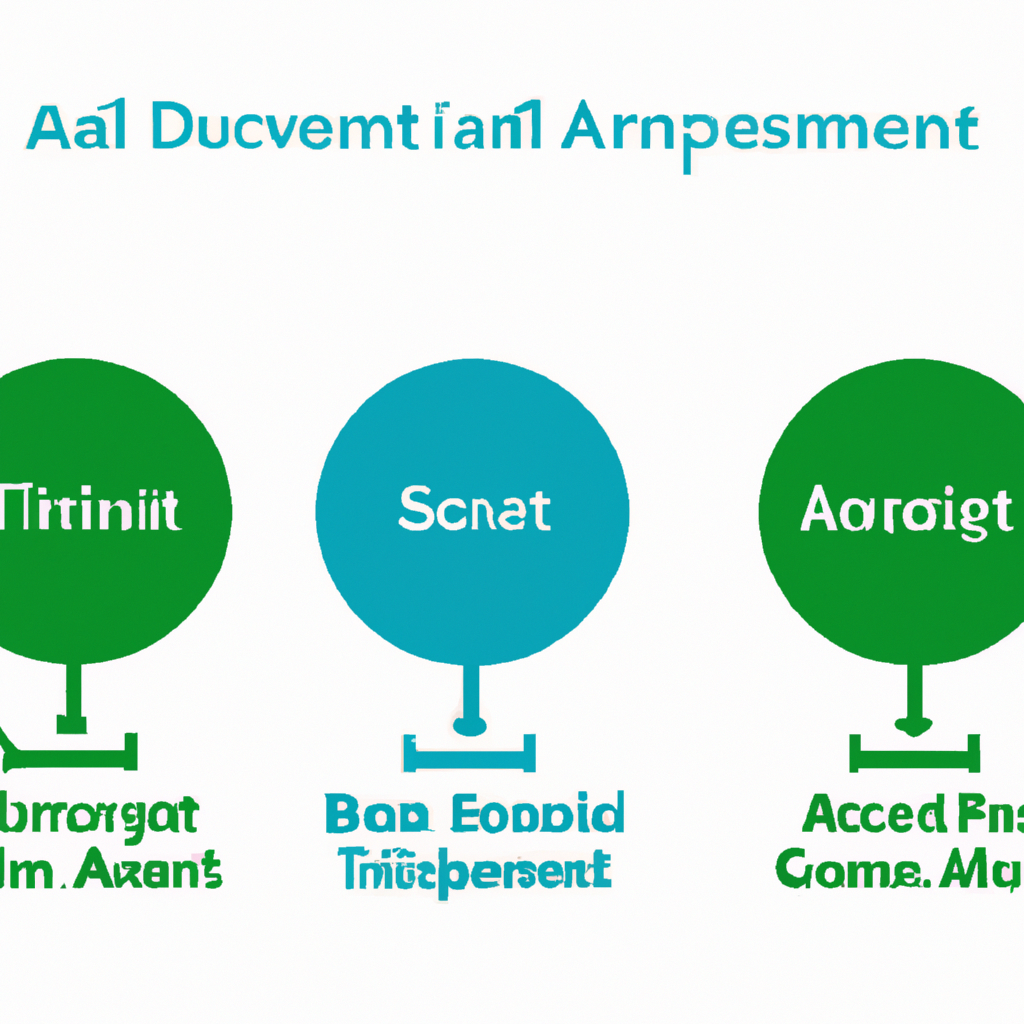Comparison of Investment Account Types
Introduction
Investing is an important part of financial planning, and there are various types of investment accounts to choose from. Each type of account has its own advantages and disadvantages, so it’s important to understand the differences between them before making a decision.
Types of Investment Accounts
1. Individual Retirement Account (IRA)
An IRA is a tax-advantaged account that allows individuals to save for retirement. There are two main types of IRAs: traditional and Roth. Traditional IRAs offer tax-deferred growth, meaning you won’t pay taxes on your earnings until you withdraw them in retirement. Roth IRAs, on the other hand, offer tax-free growth, but contributions are made with after-tax dollars.
2. 401(k) Account
A 401(k) account is a retirement savings plan offered by employers. Employees can contribute a portion of their salary to the account, and some employers may also match contributions. 401(k) accounts offer tax-deferred growth, and withdrawals are taxed as ordinary income in retirement.
3. Brokerage Account
A brokerage account is a general investment account that allows individuals to buy and sell a variety of securities, such as stocks, bonds, and mutual funds. Unlike retirement accounts, there are no tax advantages to a brokerage account, but they offer more flexibility in terms of investment options.
Factors to Consider
1. Tax Benefits
When choosing an investment account, consider the tax benefits it offers. Traditional IRAs and 401(k) accounts provide tax-deferred growth, while Roth IRAs offer tax-free growth. Brokerage accounts do not offer any tax benefits.
2. Investment Options
Consider the investment options available in each type of account. Brokerage accounts offer the most flexibility, allowing you to invest in a wide range of securities. Retirement accounts may have restrictions on the types of investments allowed.
3. Withdrawal Rules
Each type of investment account has its own rules regarding withdrawals. Retirement accounts typically have penalties for early withdrawals before age 59 ½, while brokerage accounts allow you to access your funds at any time without penalty.
Conclusion
Choosing the right investment account type is an important decision that can have a significant impact on your financial future. Consider factors such as tax benefits, investment options, and withdrawal rules when making your decision, and consult with a financial advisor if needed.


